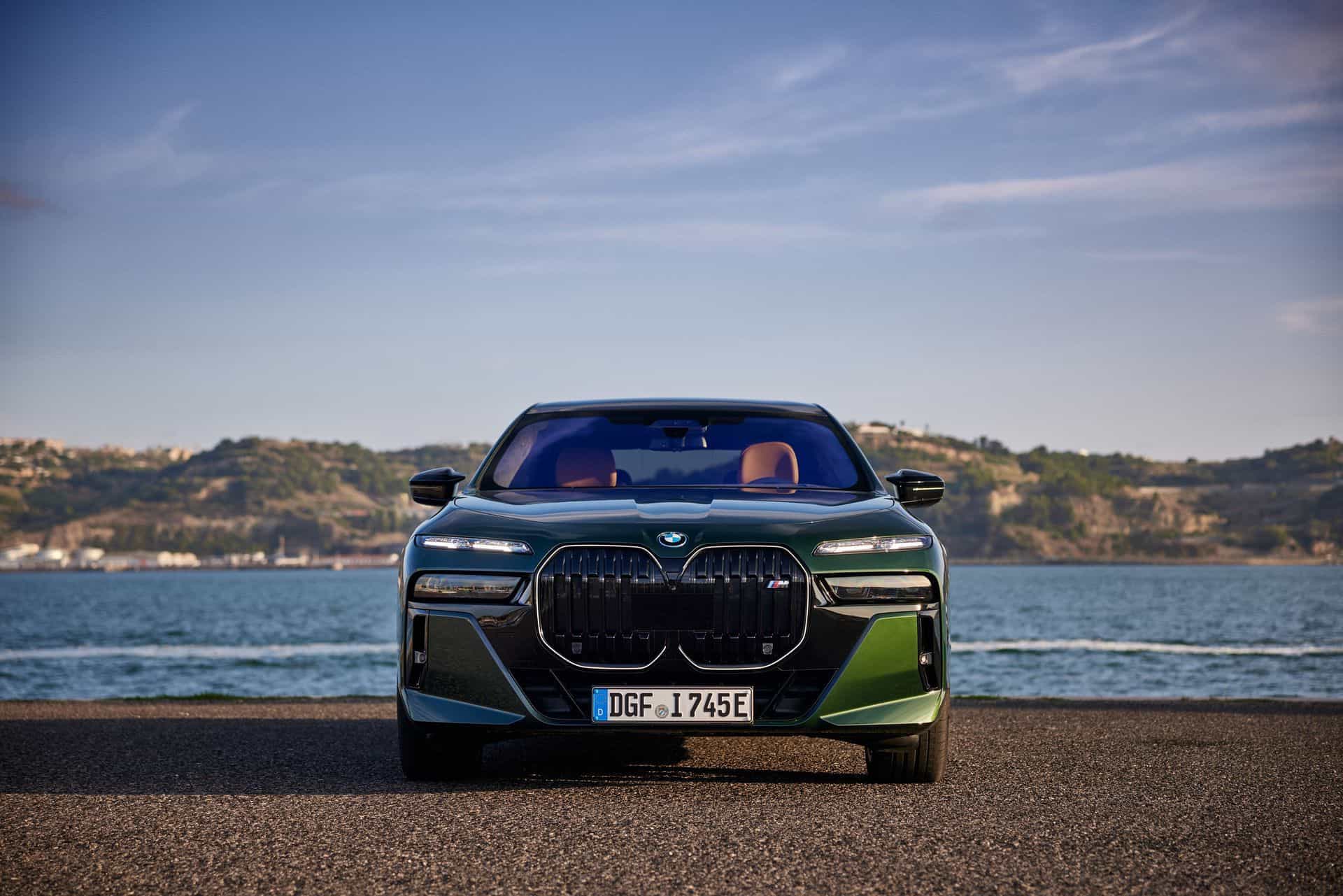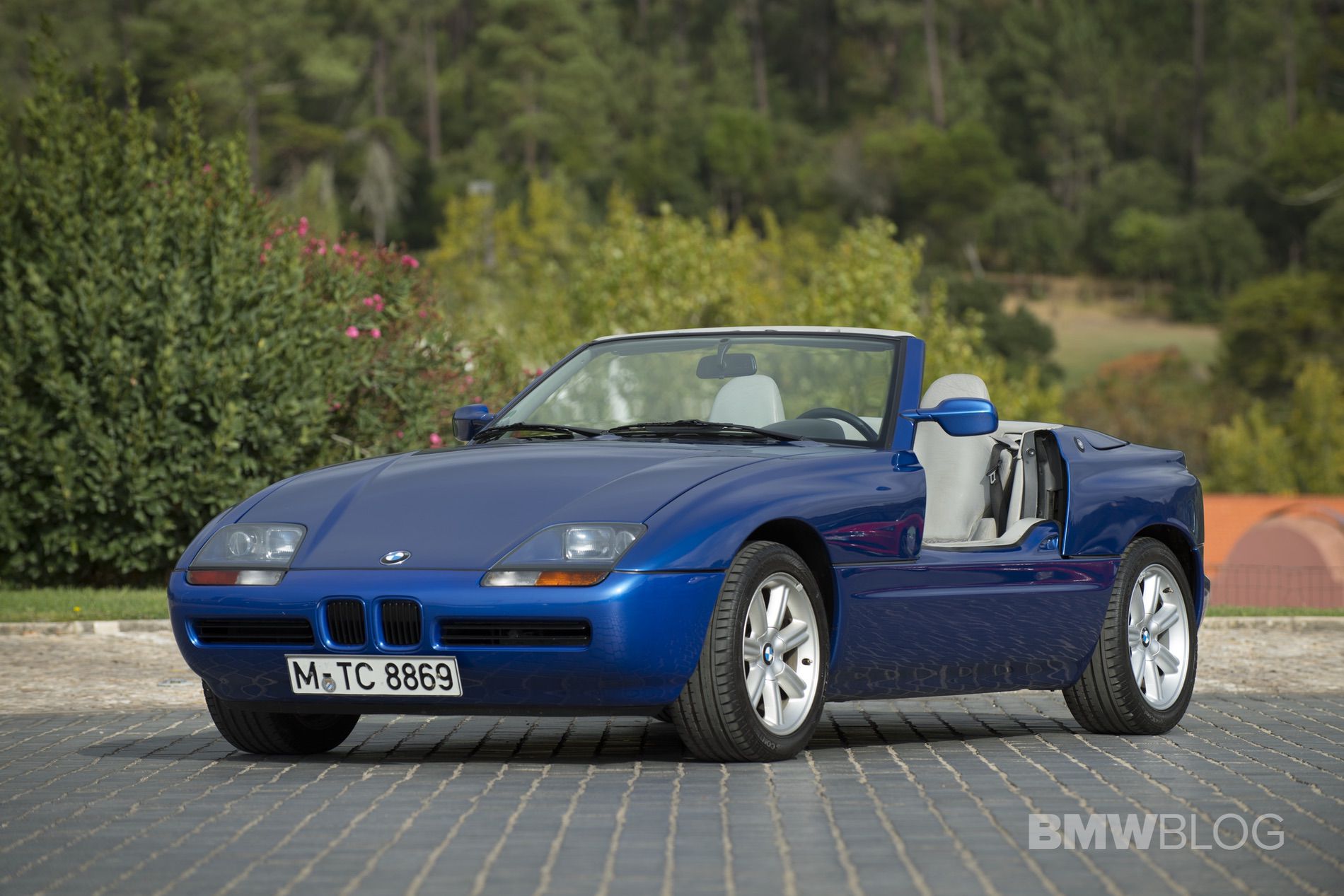Competition is heating up in the luxury SUV space with Porsche’s new Cayenne Electric. It’s the company’s second high-riding model to eschew the combustion engine, following the Macan Electric’s launch last year. Its bigger brother arrives after the BMW iX M70 and ahead of a rumored electric X5 M coming around 2028.
Looking instantly familiar, the Cayenne Electric doesn’t stray far from its gasoline-fueled counterpart. Since there’s no V8 under the hood requiring cooling, Porsche closes the grille but adds air flaps in the nose. These movable cooling slats are part of a broader active aero kit that also includes an adaptive roof spoiler. Step up to the range-topping Turbo, and aero blades extend from the rear bumper’s corners.
Additional aero-friendly tweaks over a conventionally powered Cayenne include bespoke wheels and a redesigned rear diffuser. The electric SUV’s underbody is nearly completely enclosed, while the front incorporates air curtains below the familiar headlights.
Porsche made the EV slightly bigger than its ICE counterpart. It’s 196.2 inches (4985 millimeters) long, 78 in (1980 mm) wide, and 65.9 in (1674 mm) tall. That makes it a tad longer, wider, and lower than the BMW iX M70. At the same time, the massive wheelbase, spanning 119 in (3,023 mm), ever so slightly exceeds that of Bavaria’s M Performance electric SUV.
But while the exterior doesn’t stray too far from a regular Cayenne, it’s a different story inside. Porsche embraces the supersized-screen craze with a curved 12.25-inch OLED panel dominating the dashboard. To its left sits a 14.25-inch digital instrument cluster, while to the right is an optional 14.9-inch passenger screen. Side note: It won’t be long until BMW also crams an extra display in for the front passenger.
At launch, the Cayenne Electric will be offered as a base model and a hotter Turbo. The latter packs a ludicrous 1,140 horsepower and 1,106 pound-feet (1,500 Newton-meters) of torque. It’s the most potent Porsche production vehicle in history. Even though it’s a large and heavy electric SUV, it delivers supercar-beating acceleration, hitting 62 mph (100 km/h) in just two and a half seconds. It needs only 7.4 seconds to go from a standstill to 124 mph (200 km/h). Flat out, it reaches a top speed electronically capped at 162 mph (260 km/h).
However, these output figures come with an asterisk. The full punch is available temporarily and only with Launch Control active. In normal driving, the dual motors deliver a combined 845 horsepower. At the touch of a button, a 10-second push-to-pass function adds 174 hp into the mix.
Stick to the base Cayenne Electric and you’ll have to make do with 402 hp, or 436 hp if you activate Launch Control. Even the entry-level trim does the 0-62 mph (0-100 km/h) sprint in a respectable 4.8 seconds on its way to 143 mph (230 km/h). For reference, the BMW iX M70 maxes out at 650 hp and 1,015 Nm (749 lb-ft), enough to complete the sprint in 3.8 seconds and reach 155 mph (250 km/h).
Circling back to the Porsche Cayenne Electric, both the base and Turbo models share a 113-kWh battery, slightly bigger than the BMW’s 108.9-kWh pack. The cheaper of the two Cayenne EVs goes 399 miles (642 kilometers) on a single charge in the WLTP cycle, whereas the more potent variant stops after 387 miles (623 km). By comparison, the iX M70’s WLTP range varies from 318 to 373 miles (521 to 600 km).
Porsche has engineered the Cayenne Electric to support a BMW iX3-matching 400-kW DC fast charging, allowing the battery to go from 10% to 80% in under 16 minutes. In just 10 minutes, you can add enough energy for 202 miles (325 kilometers) in the base model and 196 miles (315 km) in the Turbo. By comparison, the BMW iX M70 tops out at 195 kW and gains only 95 to 113 miles (152 to 182 kilometers) after 10 minutes.
Aside from significantly faster charging, the Cayenne Electric has another advantage: it supports inductive charging, eliminating the hassle of cables. However, at 11 kW, refilling that large battery takes time. Even so, it’s a useful convenience, and one you can’t get on the iX M70.
As for pricing, Porsche asks €105,200 for a base Cayenne Electric and €165,500 for the Cayenne Electric Turbo in Germany. The BMW iX M70 sits between them with a starting price of €124,900. The first combustion-free Cayenne is already available to order.






















































































